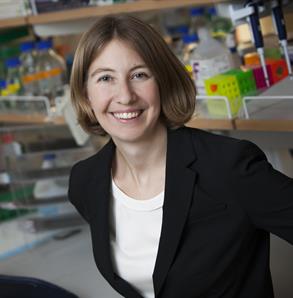6/17/2025
6/17/2025
Epigenetic changes accompany an individual’s development, aging, and disease. They’re particularly significant markers for cancer’s onset and progression, posing substantial therapeutic challenges. Increasing evidence suggests that DNA replication stress leads…
6/17/2025
Dr. Loughran's current research includes: current research includes: • R01 grant from the NIH’s National Cancer Institute to identify and characterize the LGL leukemia virus and understand how it might cause leukemia; •…
6/17/2025
6/17/2025
The major focus of my lab is to understand how the genetic drivers of cancer fuel tumor evolution and to mechanistically define how these genes contribute to various tumor phenotypes.…
6/17/2025
6/17/2025
Within cells there exists a fine balance between survival and death. One of the earliest steps in the development of cancer is the ability of a cell to escape death.…
6/17/2025
My laboratory focuses on understanding the molecular and epigenetic mechanisms involved in the regulation of normal hematopoiesis and hematologic malignancies. The ultimate goal of our research is to identify new…
6/17/2025
Genomic analysis of primary human cancer specimens for global genetic and gene expression alterations. Development of model systems to validate biological roles of candidate genes. Translation of experimental findings to…
6/17/2025
Tyrosine phosphorylation is a protein modification that can occur during or after translation of a protein.The phosphate addition to a tyrosine residue, regulated by tyrosine kinases and phosphatases, can result…










